News
What Web3 Gamers Should Know About Crypto Casino Platforms
ChainPlay
•
2 months ago
Share :
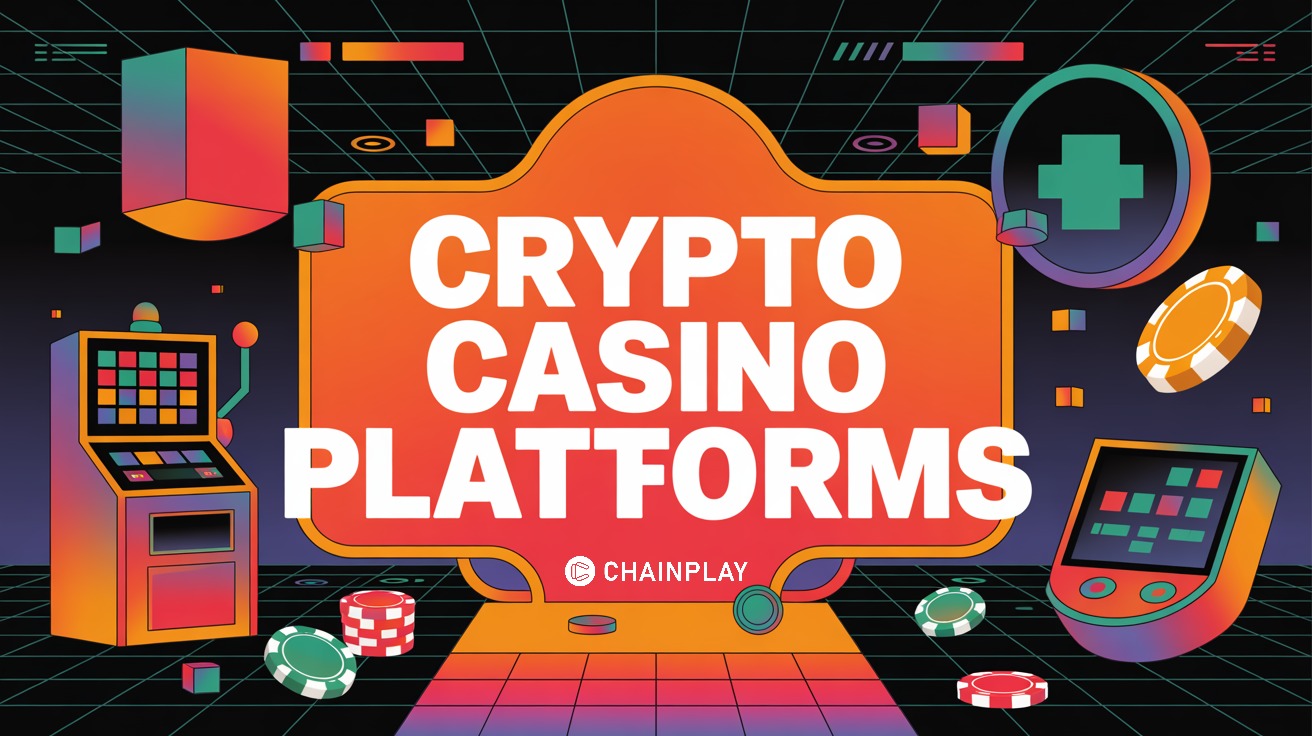
As the world of Web3 gaming continues to evolve, more players are looking beyond traditional experiences and exploring how blockchain technology is changing the way people play, compete, and even place bets. Among these developments is the fast-growing world of crypto casino platforms. The digital gambling sites that use cryptocurrency and blockchain systems to offer fast, borderless, and often decentralized casino experiences.
For Web3 gamers who are already familiar with NFTs, smart contracts, and token economies, stepping into the crypto casino world might feel like a natural next step. But while these platforms can offer exciting new ways to play, they also come with unique features and risks that players should understand before jumping in
Understanding the Basics of Crypto Casinos
Crypto casinos operate like regular online casinos but with a few important differences. Most of them accept digital currencies like Bitcoin, Ethereum, or stablecoins instead of fiat money. Others are built entirely on decentralized networks, using smart contracts to manage everything from game logic to payouts.
Some platforms run on public blockchains, which means anyone can verify how games work and confirm that results are fair. This is a major appeal for players who care about transparency. These systems are often labeled “provably fair,” a term that’s becoming more common in the Web3 gaming space.
Alongside this, there are also more traditional online casinos beginning to accept cryptocurrency payments. Many of these hybrid sites support multiple payment methods, and players are starting to recognize the convenience of the different options provided by well-known Visa casinos. These platforms offer the standard Visa debit or credit card payment option alongside crypto wallets to users who want both flexibility and security, as these payment features can make a big difference. They also offer fast transaction times, familiar banking processes, and an added layer of reliability, especially for players who may not want to handle digital currencies directly every time.
This can be especially helpful for those who like the feel of Web3 platforms but still prefer the trust and support of traditional financial systems.
The Appeal for Web3 Gamers
Web3 gamers are already used to handling wallets, swapping tokens, and navigating decentralized apps (dApps). This gives them a clear advantage when exploring crypto casinos. They understand how blockchains work, and they’re often more comfortable experimenting with new platforms than traditional players might be.
Crypto casinos often appeal to this audience because of their fast withdrawals, anonymity, and permissionless access. Many platforms don’t require users to provide identification, especially when using non-custodial wallets. This aligns with Web3 values around privacy and control over personal data.
Another key draw is tokenized rewards. Just as Web3 games offer players in-game currencies and tradeable items, some crypto casinos issue their tokens. These might be used for bonuses, governance votes, or even staking systems that allow users to earn passive rewards by supporting the platform.
Risks and Considerations
That said, crypto casinos aren’t without their downsides. One of the biggest risks is regulation—or the lack of it. Many crypto casinos operate without a license or under very limited oversight. While that allows them to serve global users, it also means that players have fewer protections if something goes wrong.
Smart contracts can fail, and poorly audited platforms can be vulnerable to bugs or exploits. Just because a casino uses blockchain technology doesn’t mean it’s automatically trustworthy. Web3 gamers who are used to checking the source code of dApps or verifying token contracts should apply the same caution here.
In addition, because crypto prices are volatile, playing with tokens like ETH or BTC can carry added financial risk. A big win might lose value overnight, or losses might feel worse if the price of a token suddenly spikes. This can affect both strategy and long-term enjoyment of the platform.
Another factor to watch is the growing number of so-called “hybrid” platforms that accept both crypto and traditional payment methods. These casinos may be more convenient, but they might not offer the same level of transparency or decentralization that fully on-chain platforms promise. Players should always read the fine print before signing up.
How to Choose the Right Platform
Image of Two Game Controllers.
For Web3 gamers considering trying out a crypto casino, it helps to take a structured approach:
- Check the licensing: Even if you're not worried about local laws, having a license from a respected authority adds legitimacy.
- Look for provably fair games: These allow you to verify that outcomes are not manipulated.
- Explore the community: Reputable platforms usually have active user bases, support channels, and regular updates.
- Review the tokenomics: If the casino issues its token, understand how it's used, distributed, and whether it has any real value.
- Test the experience: Many crypto casinos offer demo modes or free spins so players can get a feel for the platform before depositing funds.
Ultimately, the best platform will depend on what you value most—whether it’s privacy, speed, bonus rewards, or access to specific types of games like poker, slots, or roulette.
Final Thoughts
Crypto casino platforms are quickly becoming part of the broader Web3 ecosystem. They offer fast gameplay, flexible payments, and reward structures that appeal to the same players who are already diving into blockchain-based gaming worlds. But like any new technology, they also demand caution, research, and a solid understanding of how they work.
Share this article
#Other
Latest News

Off The Grid Halloween Feardrop Update Brings Spooky
16 hours ago
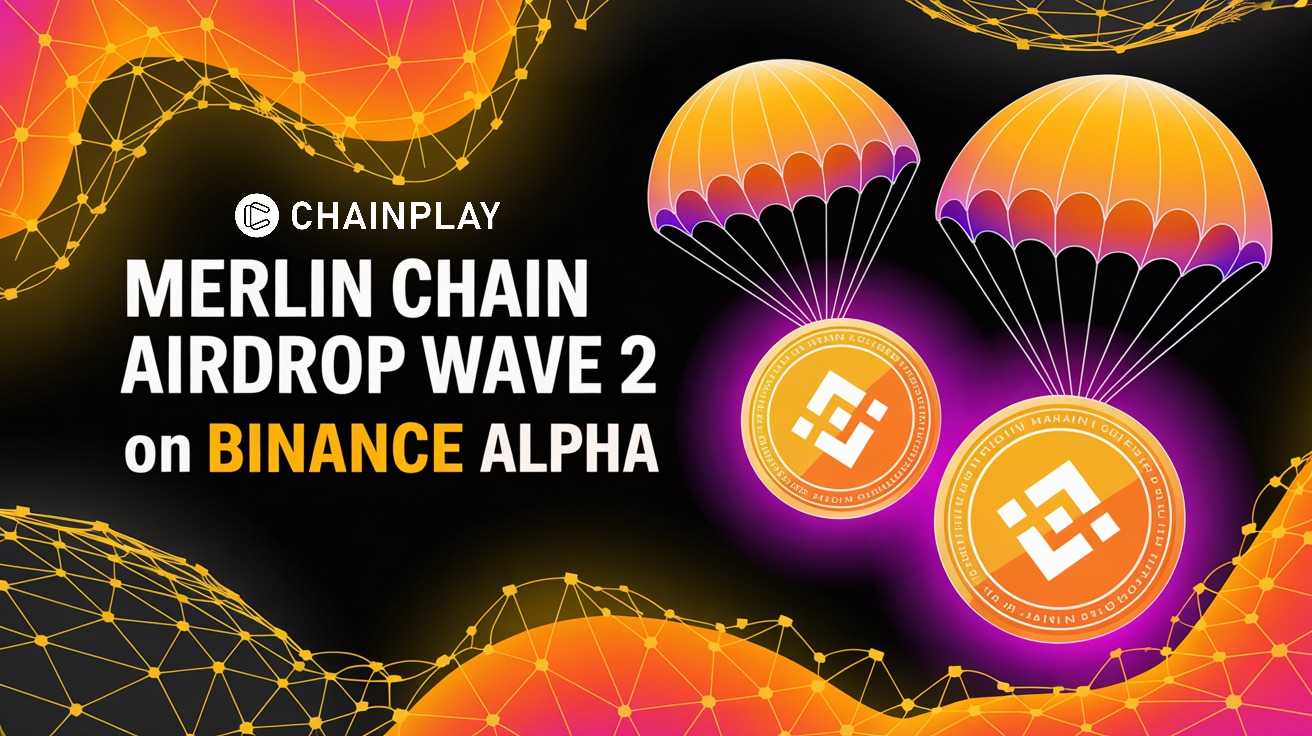
Binance Alpha Merlin Chain (MERL) Airdrop Rewards Wave
17 hours ago
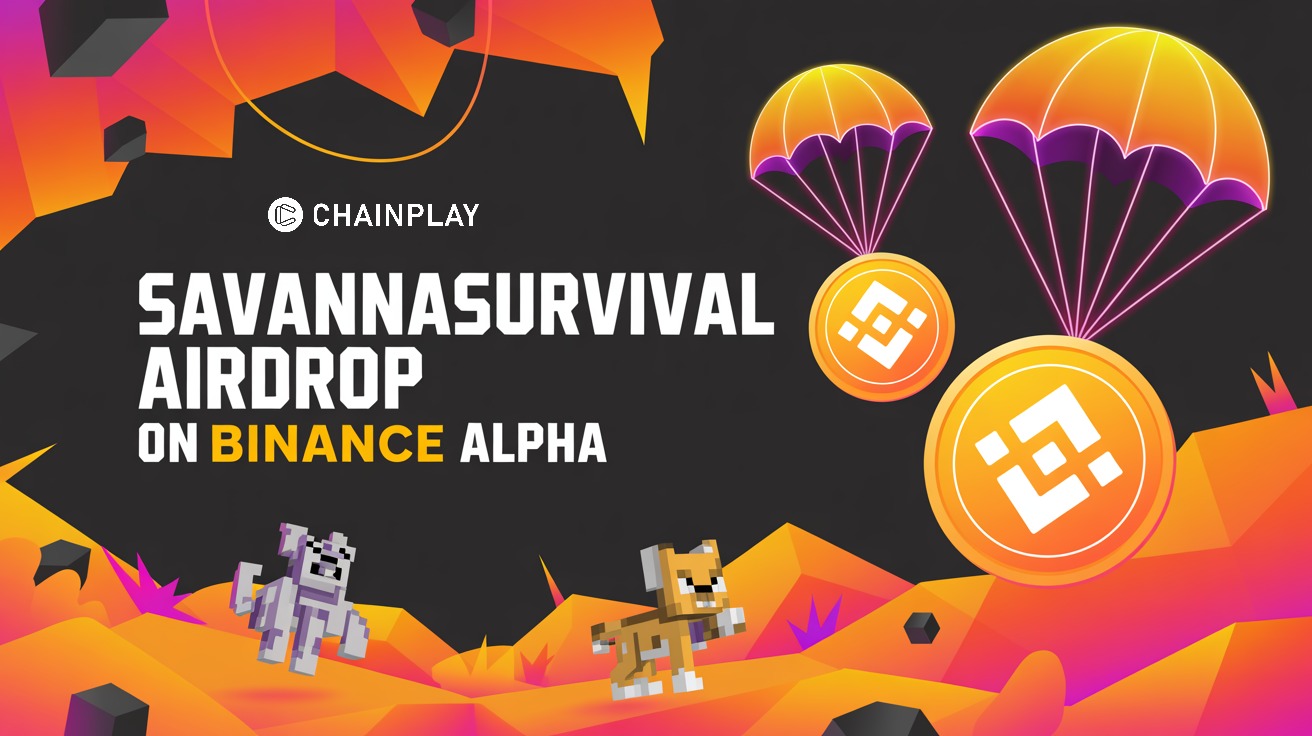
Binance Announces Alpha Launch and Airdrop for SavannaSurvival
18 hours ago
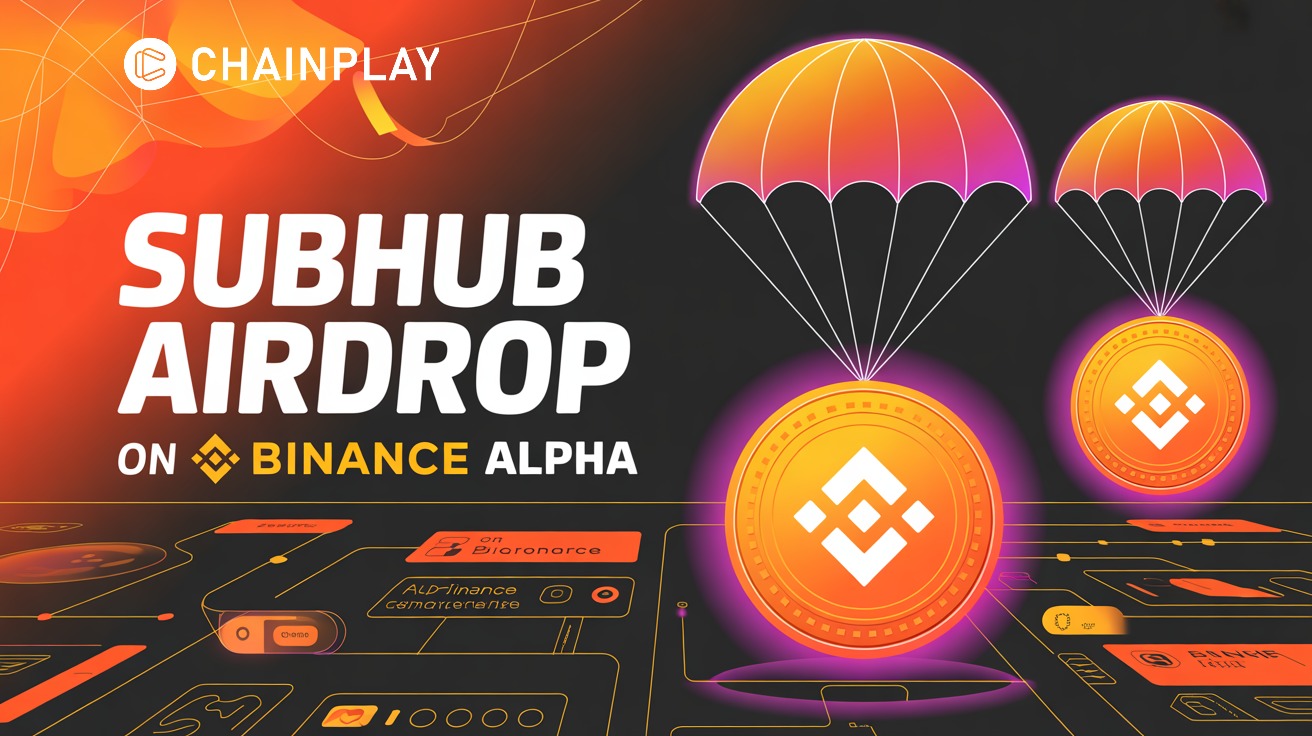
Binance Announces Alpha Launch and Exclusive Airdrop
2 days ago
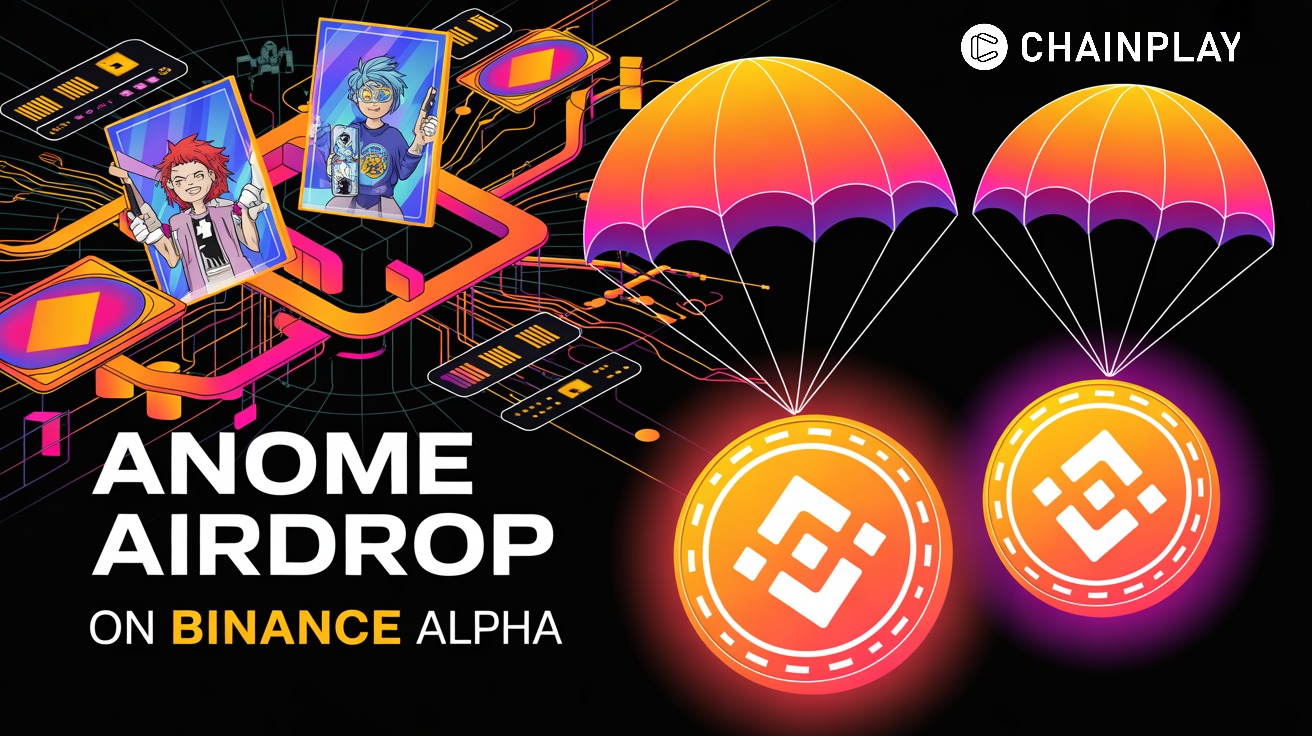
Anome (ANOME) To Launch on Binance Alpha on October
2 days ago
Related articles

Binance Alpha will launch the SavannaSurvival ($SVSA) token on October 20. Eligible users can claim the exclusive airdrop using their Binance Alpha Points on the Alpha event page with 15 Alpha Points. SavannaSurvival is listed as a Gaming project.
ChainPlay
•
18 hours ago

Merlin Chain's ($MERL) Wave 2 airdrop is now live on Binance Alpha for eligible users to claim with 15 Alpha Points. You can also participate in the two-week $MERL trading competition to earn an additional 180 $MERL tokens. Get all the official details and participation rules.
ChainPlay
•
17 hours ago

Off The Grid’s Halloween Feardrop update adds the Trick, Treat or Die event with new cosmetics, collectibles, and spooky map changes until Nov 3.
ChainPlay
•
16 hours ago



